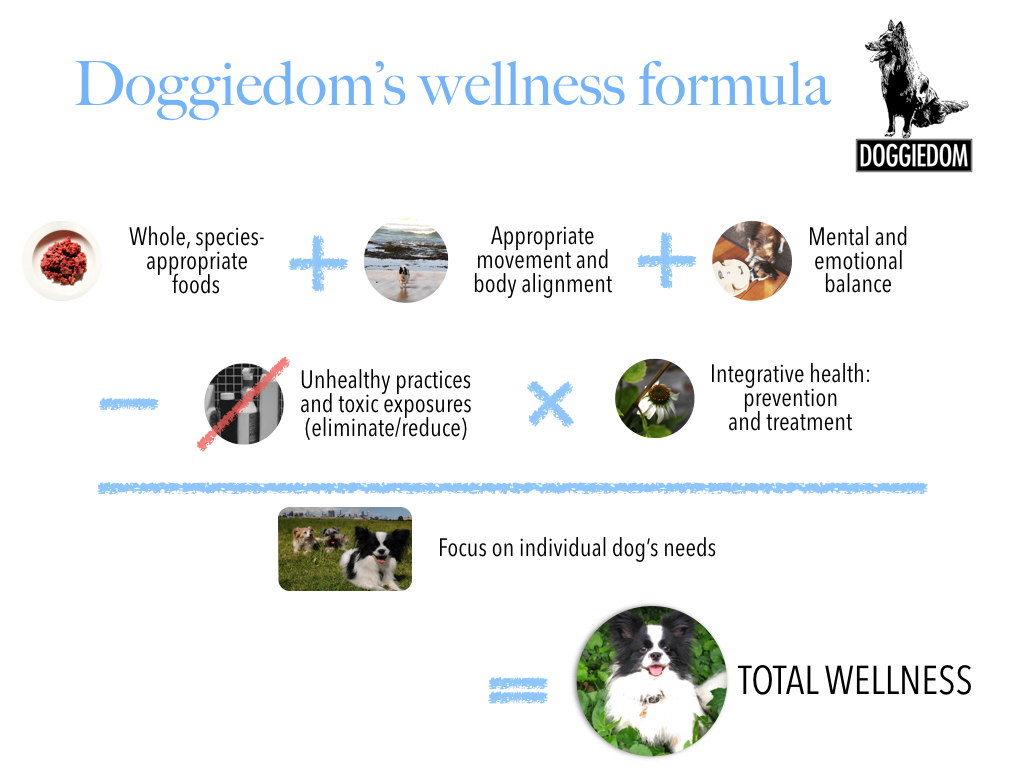Since becoming a professional dog trainer over the past 14 years, I have continued to evolve my approach and thinking on what makes a ‘good dog’. What does this actually mean and why is it important to really think about who this benefits and why?
Of course the foundation of learning theory and animal behaviour is crucial to my practice and I love nothing more than building on my knowledge of this fascinating topic from behavioural researchers, other trainers and of course, the most impactful teachers of all, my own beloved pooches and those of my clients!
But it has become obvious to me over this time that there are so many aspects of our dog’s internal and external environment that influence their behaviour, which I have sought to explore, understand and integrate into my professional training practice. This includes further studies I have undertaken in dog nutrition and wellness.
I’ve also taken a much greater interest in the genuine welfare of our dogs, particularly in understanding how we can best support our dog’s physical, mental and emotional wellbeing needs.
This has resulted in a much more comprehensive approach to the way I seek to help clients with their dog’s behavioural issues, which can often be rooted in a number of factors going on in the dog’s world that a basic or narrowly focused training program just can’t address adequately.
Of course, I’m keen to know what behaviours are concerning dog guardians and work on these with them, but my assessments delve much deeper to gain a better appreciation of the many factors that help achieve wellness for our dogs.
And so the Doggiedom wellness formula was born, guiding my holistic approach to advising clients to address their dog’s behavioural and broader wellness issues.
This means considering all aspects that impact on a dog’s wellness and behaviour, so in addition to the addressing behavioural issues and supporting a dog’s learning using force-free methods, I will also explore what else might be affecting the balance of a dog (and therefore, his /her behaviour), including:
🐾 ensuring gut health is optimised through a species appropriate, individualised diet (which I see as a foundation for a happy and healthy dog), considering their life-stage and existing health conditions;
🐾 helping improve the overall physical and mental health of the dog, with suggestions for exercise programs to suit the dog’s energy, genetic drives and mental stimulation needs, and recommend complementary therapies;
🐾 and reducing the dog’s internal and external exposure to harmful chemicals or environments and replace these where possible with alternatives that promote her wellbeing and true nature.
If you’d like to know more about holistic dog training and wellness, we’d love to hear from you – contact us at Doggiedom and we’ll see how we can help!

